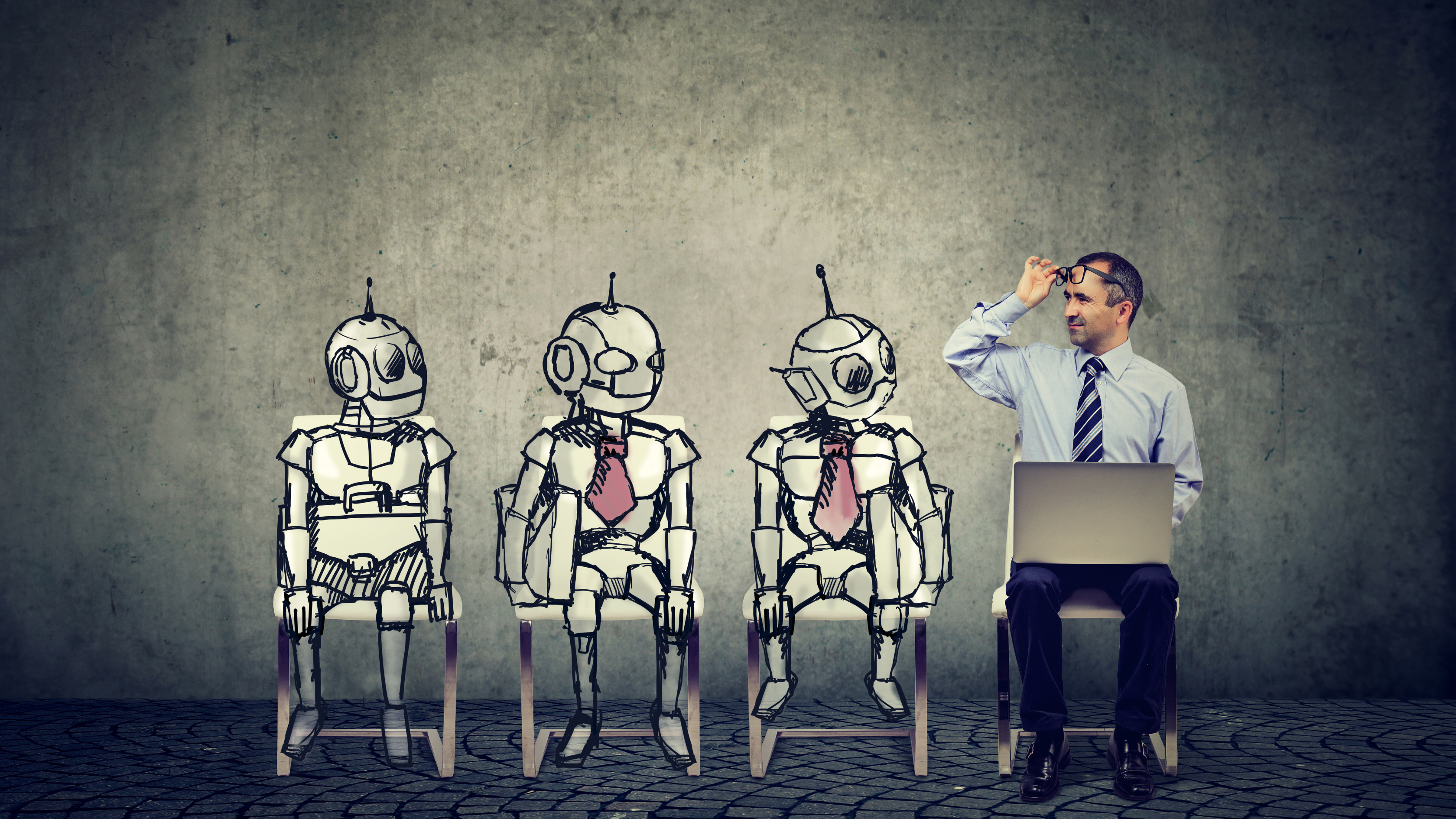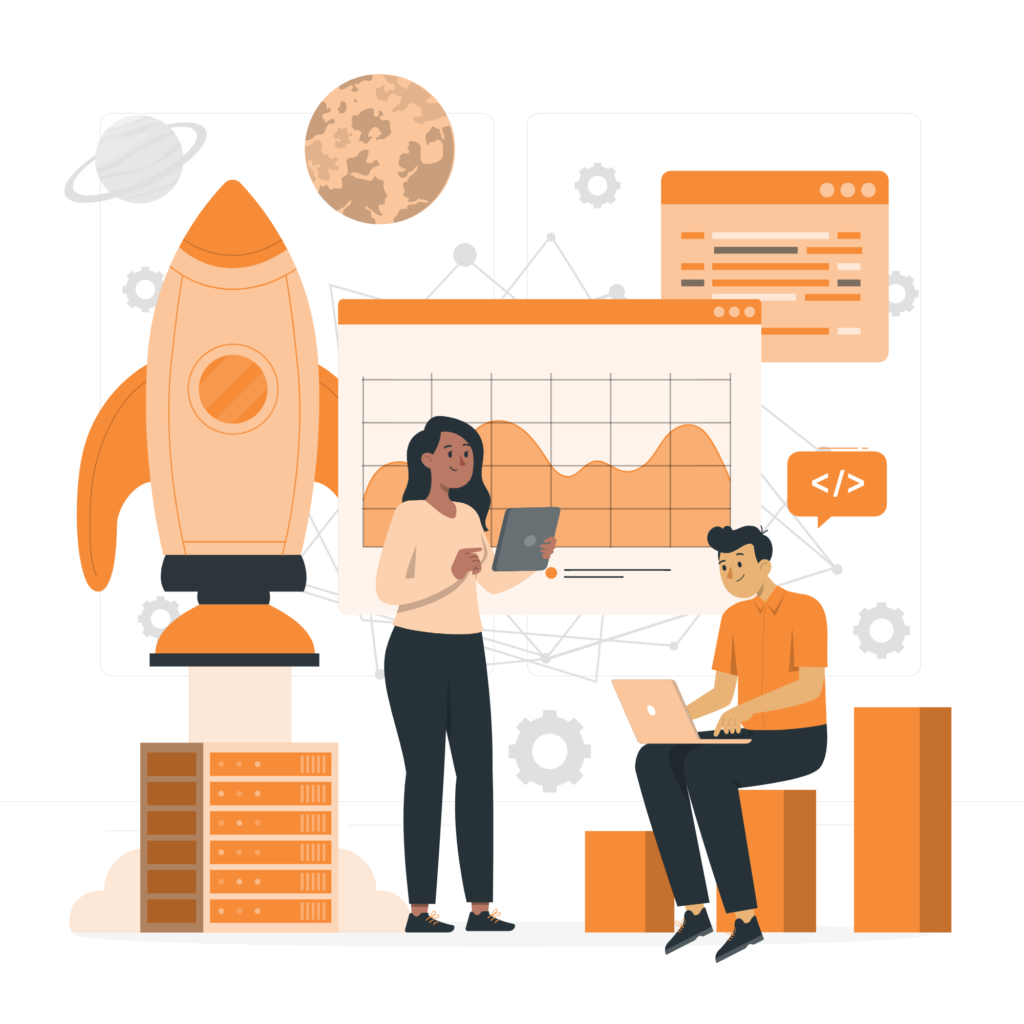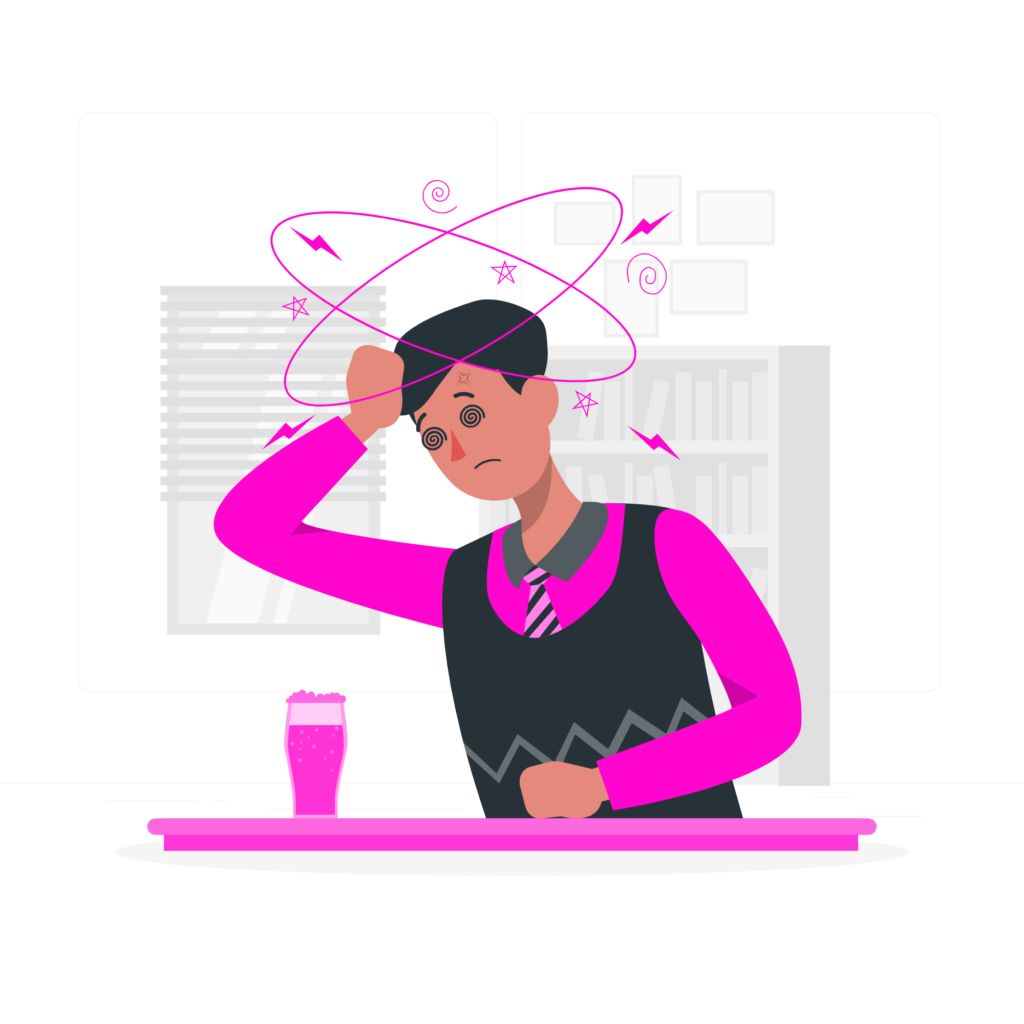Menu


The growing presence of Artificial Intelligence (AI) in the workplace has triggered psychological and emotional challenges among employees that companies must not overlook. As organizations adopt advanced technologies to improve efficiency and productivity, it is crucial to explore how these changes affect the mental health and well-being of workers. Especially now, where the change we are experiencing is likely not just a quantitative evolution but a paradigm shift comparable to the Industrial Revolution.In this article, we anticipate the potential psychological impacts of AI adoption and offer guidance on addressing these challenges that organizations will face. At Raona, we believe it is essential to keep these impacts in mind and analyze them to successfully and healthily address the impending changes in this new era of work, as well as responsible adoption at all levels.

Uncertainty about the future of work and adapting to AI can generate high levels of anxiety and stress among employees. The constant worry about potential task automation or the need to update their skills can negatively affect their mental health.To address this challenge, organizations should implement support programs in both training and emotional areas, covering other areas such as fostering transparency about changes and considering the more-than-likely uncertainty that will be generated among employees.
Overexposure to AI and the constant need to adapt to new technologies can lead to cognitive saturation, affecting concentration, employee performance, and ultimately their well-being.Establishing clear limits on the use of AI and training employees gradually and strategically can help mitigate this impact. In this sense, identifying high-impact but low-complexity use cases will be key to ensuring a cumulative learning of AI usage itself.


The presence of AI can influence the perception of one’s competence and value at work, affecting employees’ self-esteem and self-concept. The constant comparison with AI capabilities and the fear of being replaced can undermine confidence in individual skills.To counteract this effect, organizations should promote a culture of recognition, transparency, and support. Recognizing individual achievements and providing constructive feedback can help strengthen employees’ self-esteem and reinforce their sense of belonging in the organization.
Trust in the accuracy and reliability of AI can fluctuate, especially when errors or discrepancies in results occur. The lack of transparency in algorithms and decision-making processes can undermine employees’ trust in technology.To strengthen trust in AI, organizations must promote a culture of transparency and learning. Establishing clear protocols to address and correct errors effectively and promptly can help improve employees’ perception of technology and its ability to improve efficiency and productivity in the workplace.Ultimately, the adoption of AI in organizations presents significant psychological and emotional challenges for employees.

To successfully navigate the complexities of digital transformation, it is essential to address these concerns from a comprehensive perspective that considers both emotional well-being and job performance.With empathetic leadership and an organizational culture that promotes resilience, learning, and personal growth, organizations can create healthy and productive work environments where AI and employees work together in harmony to achieve their common goals.

Compartir en Redes Sociales
© Raona 2023. All Rights Reserved